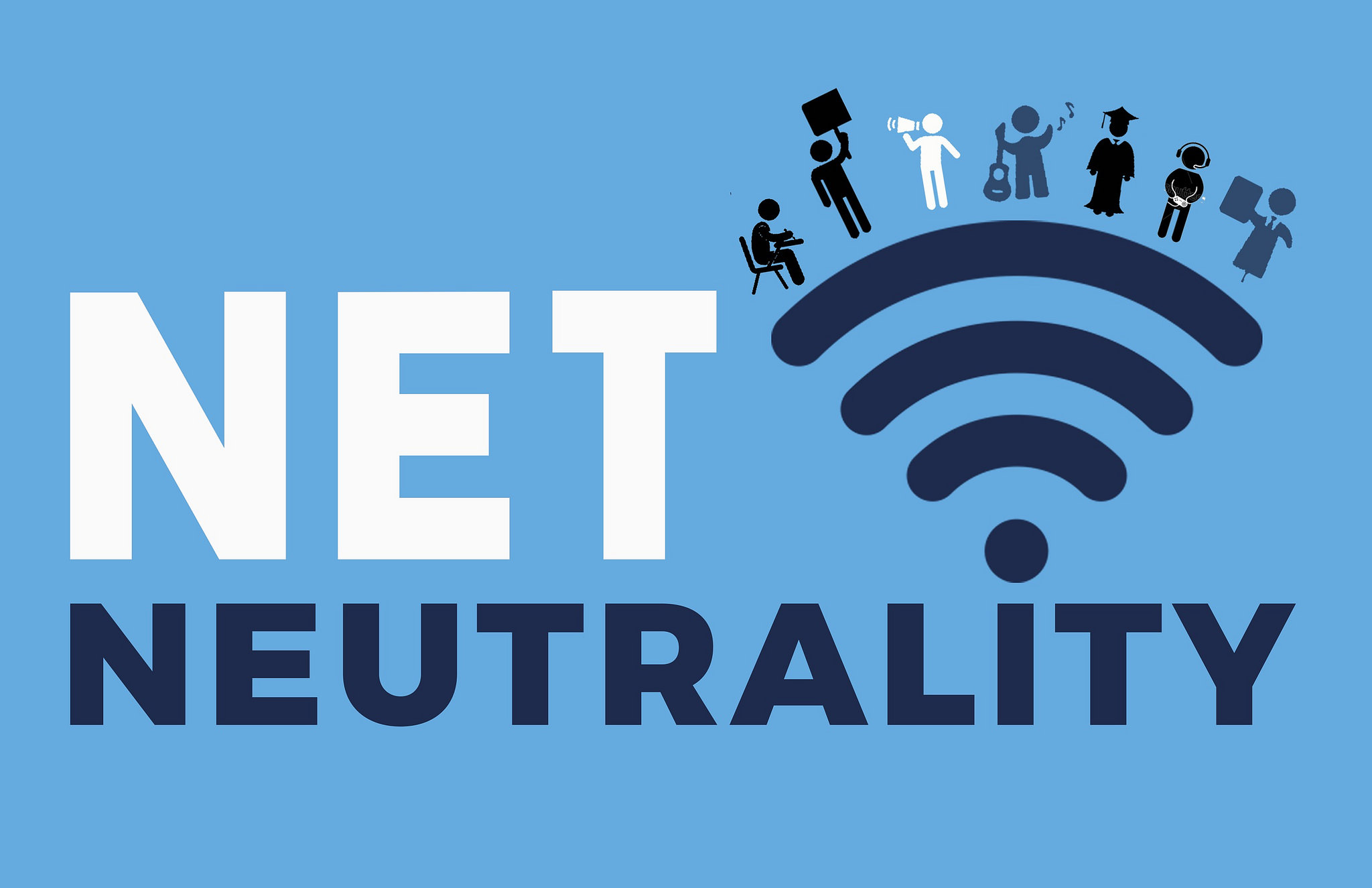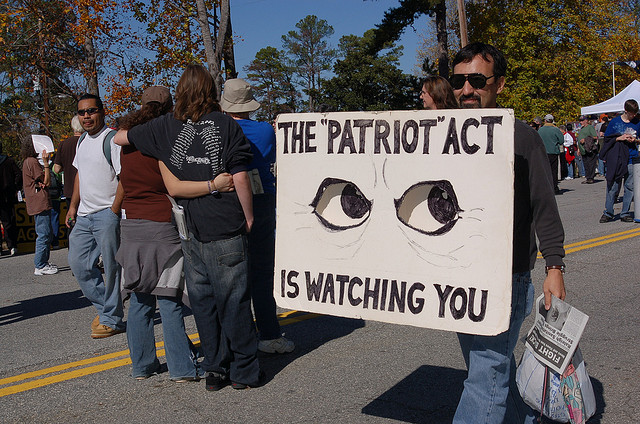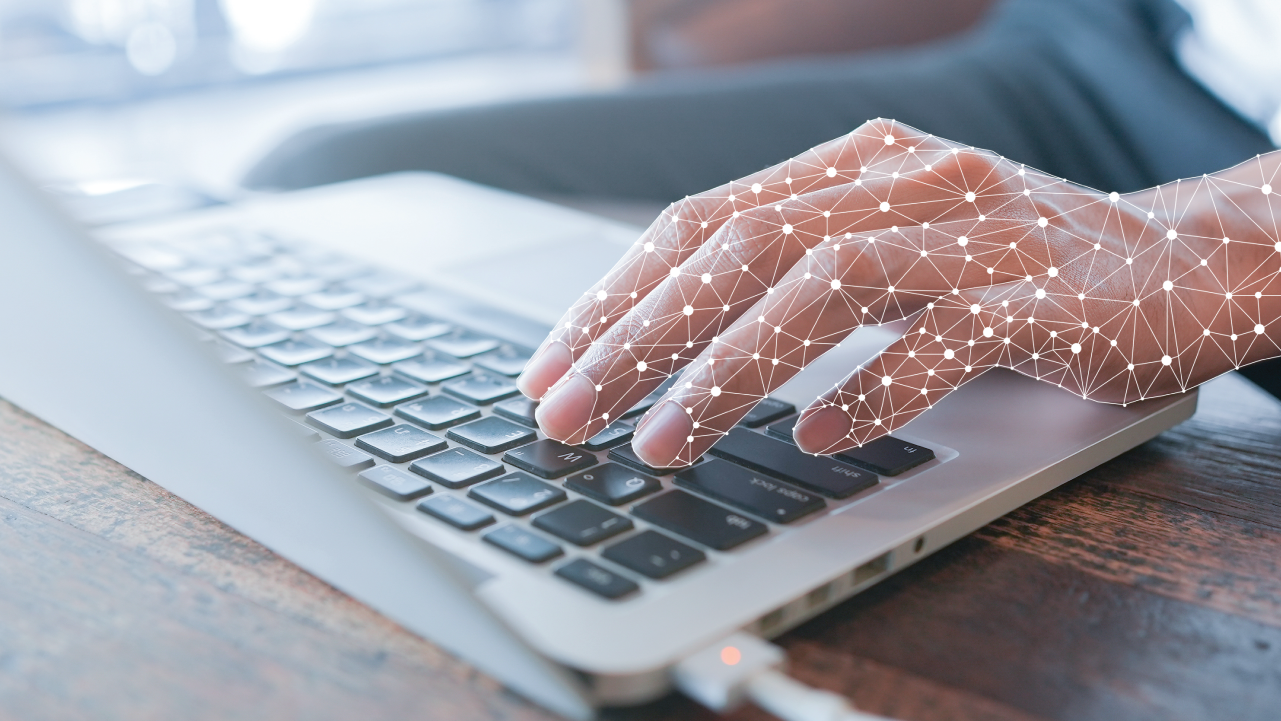One of my favorite presentations from our EOTO #2 class day was Reanna’s discussion about AI technologies, and their development over time. The first AI chatbot, Eliza, was created by computer scientist Joseph Weizenbaum in 1966. Eliza, a relatively simple chatbot, was intended as a virtual psychotherapist for users. Reanna also discussed more modern developments in AI, such as Apple’s Siri or Google’s Google Assistant. Siri also works similarly to a chatbot, but can perform complex processes and answer detailed questions. Recently, platforms such as OpenAI’s ChatGPT and DALL-E have become popular uses of AI technology. ChatGPT is a revolutionary AI language model, that can use creative thinking to respond to users and perform extremely complex and detailed tasks. DALL-E is an AI platform that can be used to generate images from simple, to quite detailed, text prompts.
Like many, I am fascinated by the concept of AI and how it is working its way into every part of our lives. I use AI every day, from the moment I wake up until the moment I go to sleep. When I wake up in the morning, I tell Siri to snooze my alarm, and use Google Assistant to turn on the lights. During the day, I often use Siri to control my phone, sending messages and playing music. It amazes me that the AI industry has grown so quickly over the past few years. AI is as threatening as it is exciting. Platforms like ChatGPT have become a major issue in schools, and, personally, malfunctions with Siri have caused me to accidentally cancel my alarms, and has even attempted to call 911 without reason before. On a global level, AI in social media and our electronic devices allows companies and governments to gather alarming amounts of data without our knowledge. AI will undoubtedly continue to grow and develop over the next decade, and it is crucial that consumers pay close attention to the field and how it affects us.





